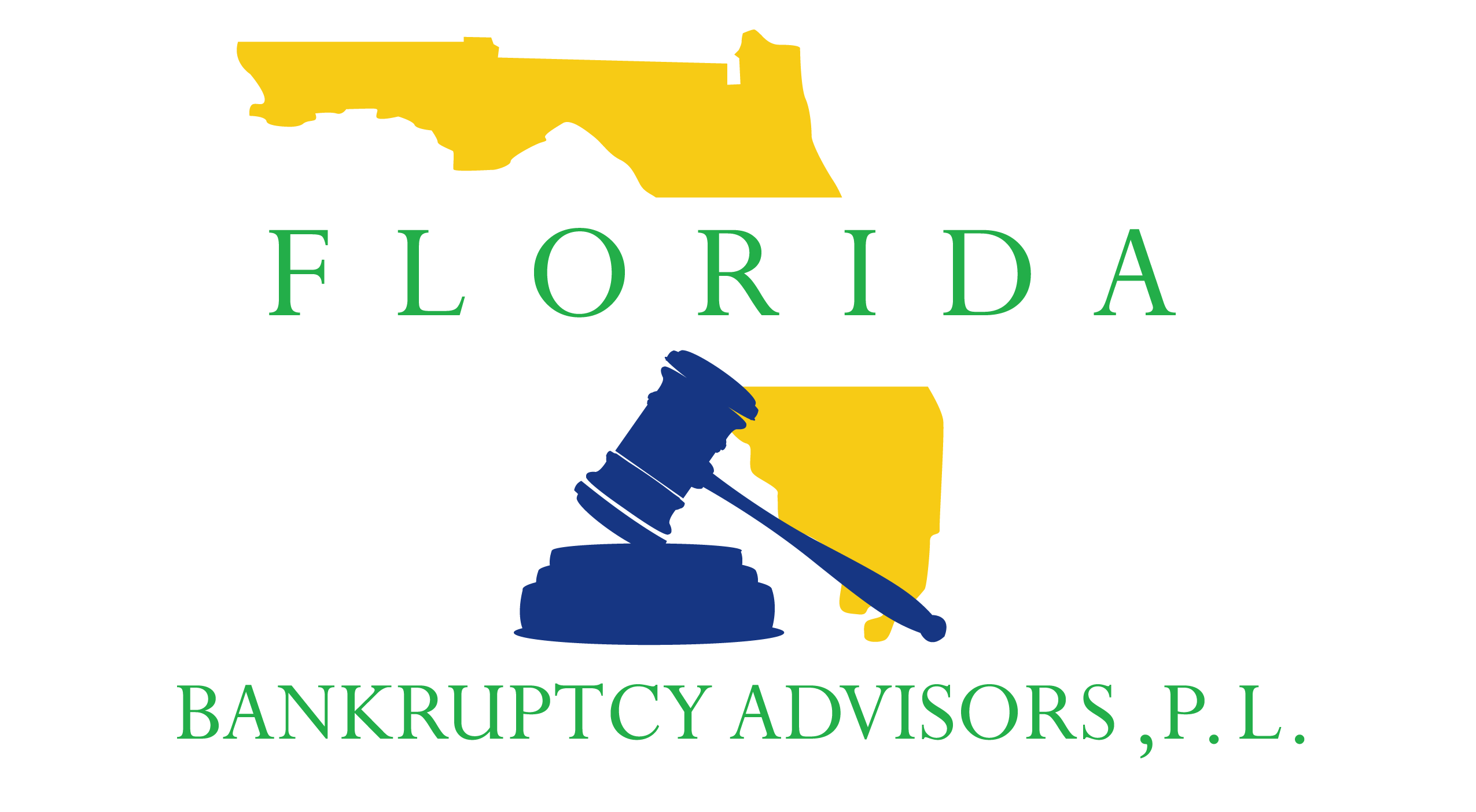Loan Modification Basics
When discussing loan modifications, we are really referring to mortgage modifications secured by real estate. Oftentimes the real estate securing the mortgage is a person’s home.
Loan Modification
Loan modification is simply the process of requesting changes to the terms of the underlying note and mortgage in order to make the loan more affordable on a monthly basis to avoid foreclosure.
During the historic financial crisis that began in 2007, many homeowners found themselves financially overburdened. In addition, they were unable to afford their home mortgage payments. In response to this national crisis, Congress passed the Home Affordable Modification Program, also known as HAMP. HAMP was passed in 2009. It was intended to help homeowners that experienced “financial hardship” avoid foreclosure of their home by modifying their home loan to a reduced monthly payment that would be affordable and sustainable over a long period of time. The lower monthly payment was achieved by reducing the interest (oftentimes to as low as 2%), extending the term of the loan (up to as many as 40 months from the date of modification) and in some cases even forgiving or forbearing the actual principal amount owed on the loan.
The federal HAMP program formally ended in December of 2016. However, many home loan lenders and servicers continue to offer loan modifications to homeowners in financial distress today. Today’s home loan modifications are reviewed under the guidelines that these lenders and servicers setup internally. Although the lenders are no longer required to offer home loan modifications under HAMP. But home loan modifications are still alive and well in today’s marketplace as the lenders would typically prefer a modified performing loan over another home foreclosure.
Loan Modification Basics
The list of property you can protect from sale or turnover to the trustee in bankruptcy is called “exempt property”. Subsequently, the type of property you can exempt along with total dollar value that you can exempt varies by state. Some states will let you choose between their laws and the federal bankruptcy code’s laws of exempt property. A debtor that files for bankruptcy in Florida is usually confined to using Florida’s state exemptions to protect their property. However, that is not always the case (if you have lived outside of Florida over the past two years, or own property outside of Florida, you may not be entitled to Florida exemptions).
Call us today so that we can evaluate your likelihood of being approved for a home loan modification. We are here to help you through the modification process to control the modification process and maximize your chances of success.
Mortgage Modification Mediation (MMM)
We understand what you're going through and want to help.
Call Now for a FREE Phone Consultation with an Experienced Bankruptcy Attorney to learn more about how bankruptcy may help you.
